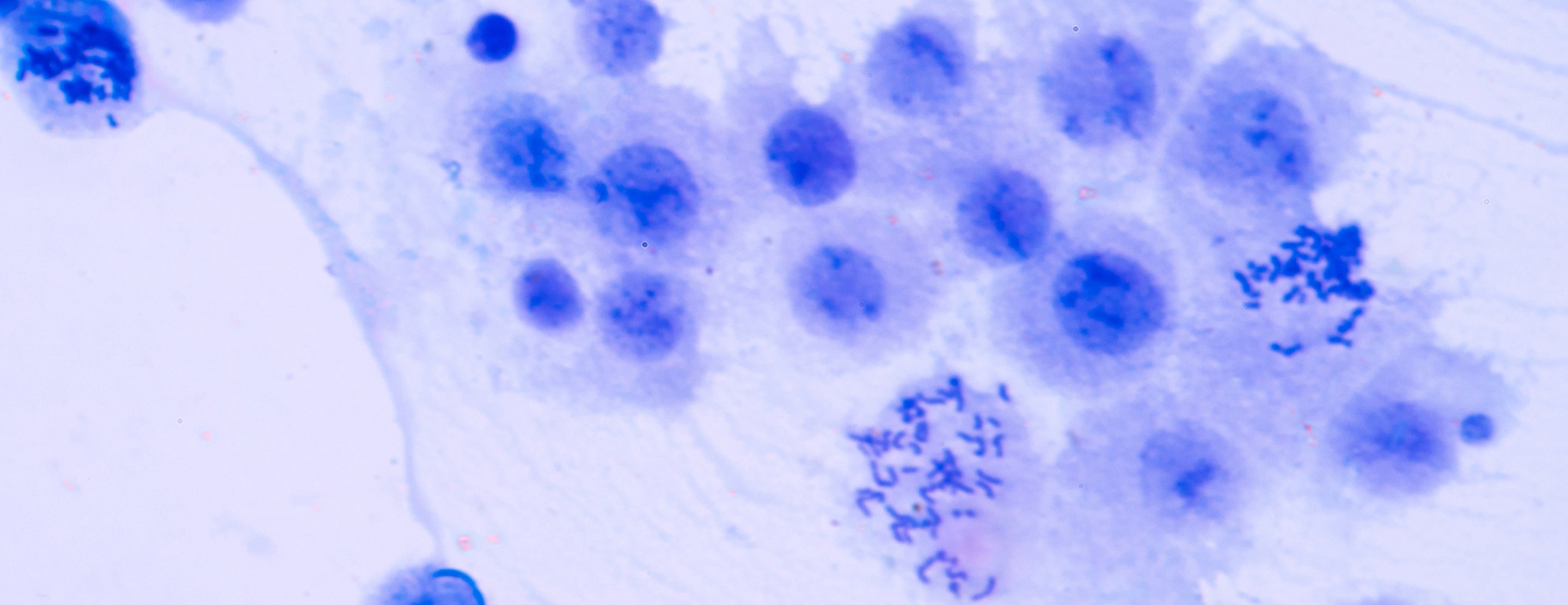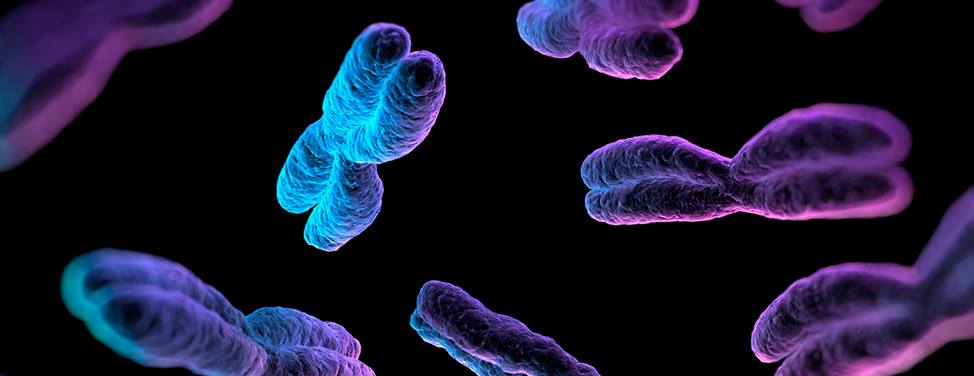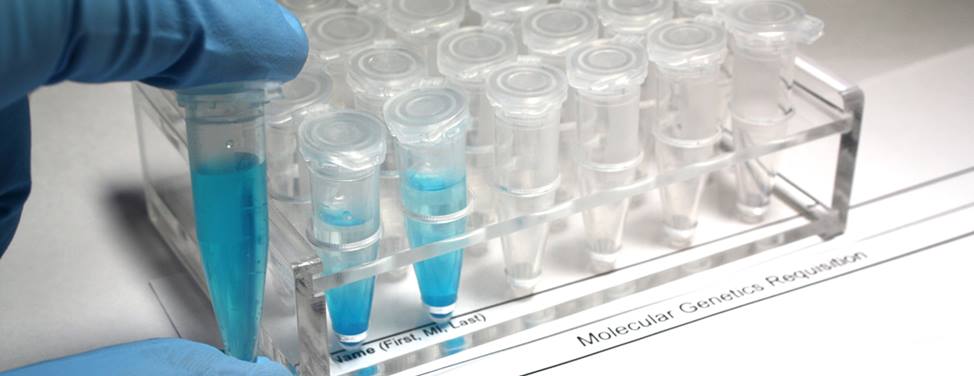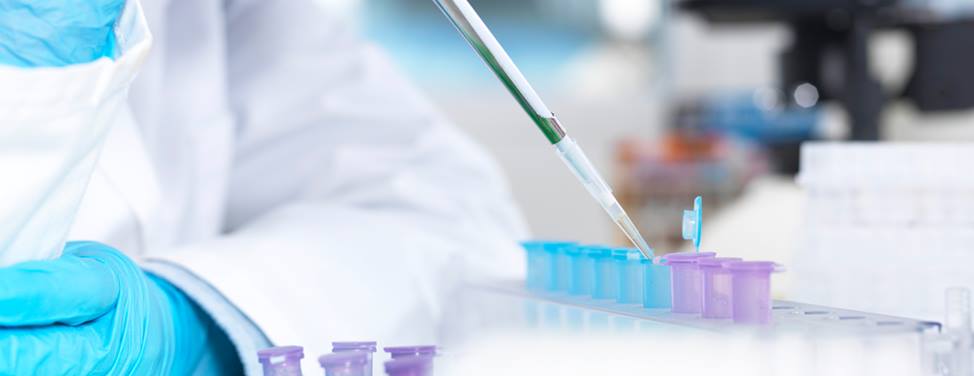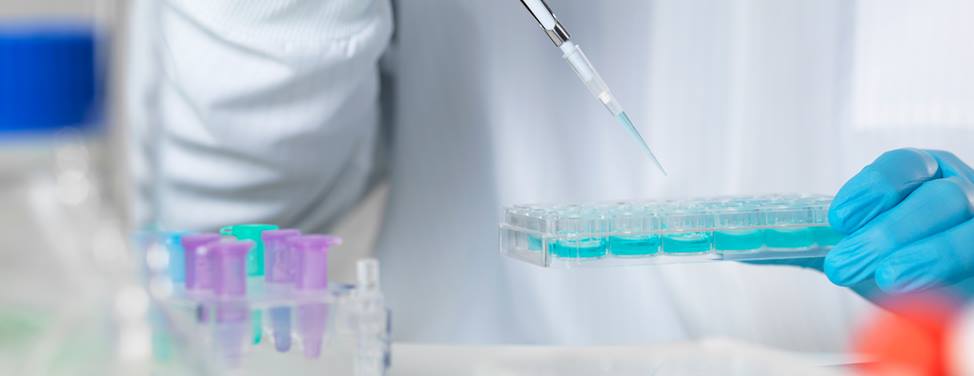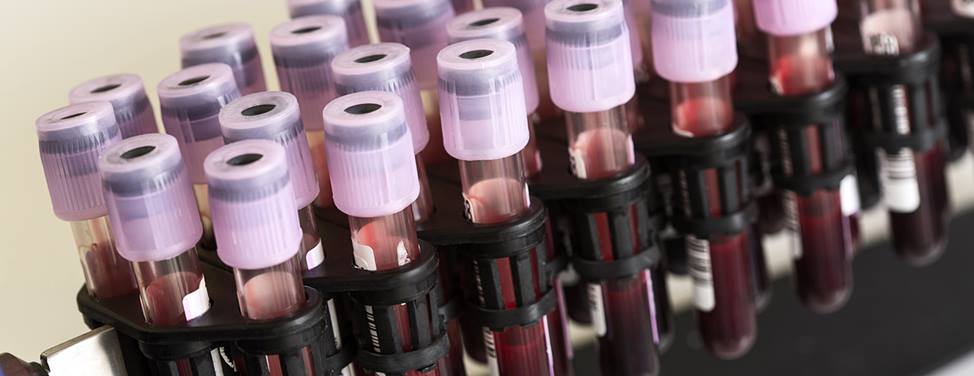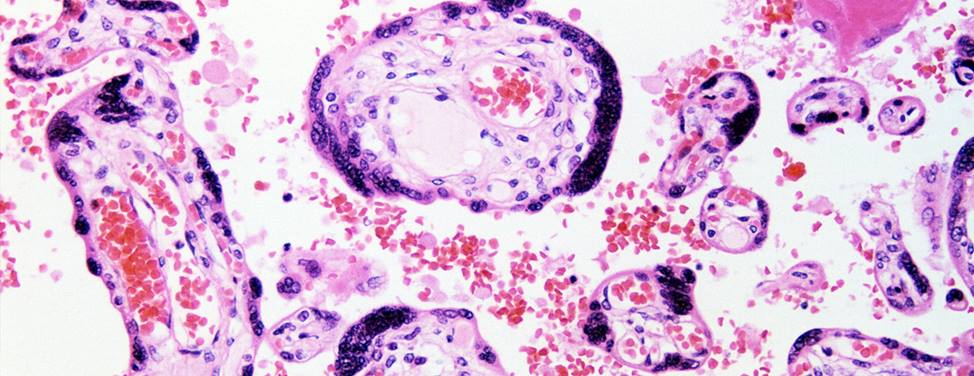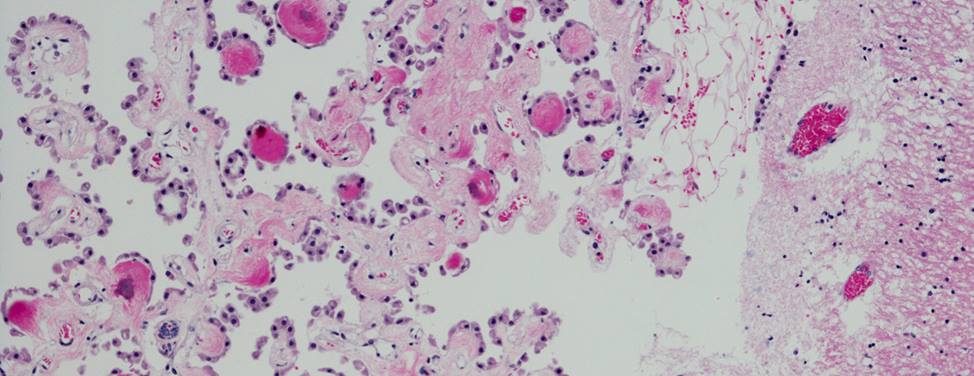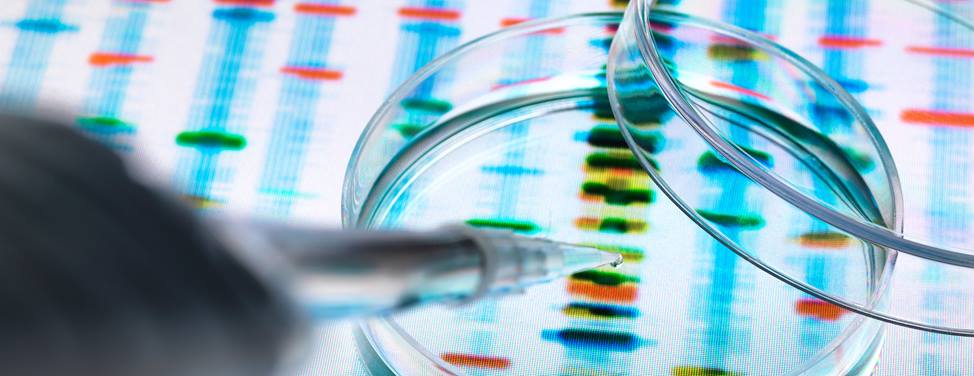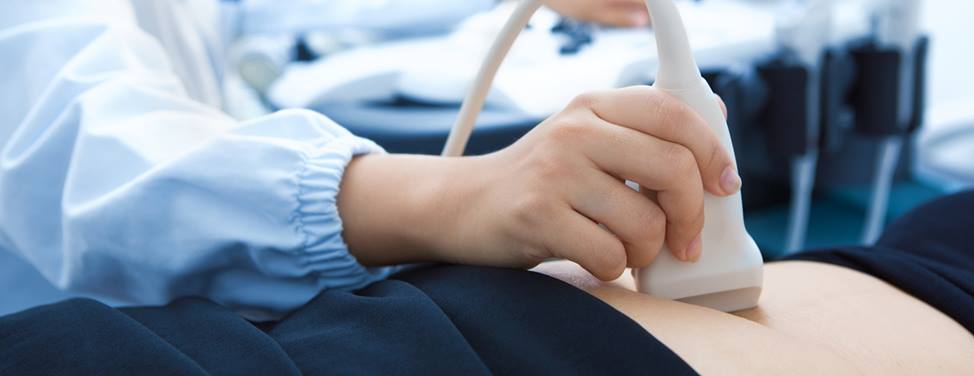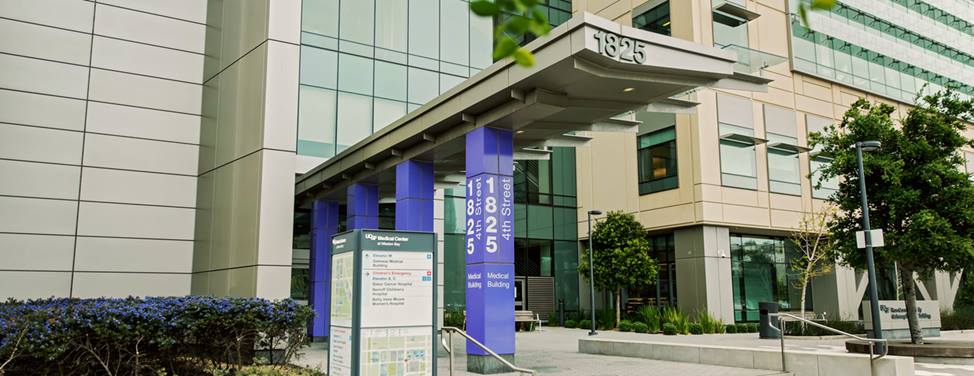Screening tests
All pregnant individuals in California have access to California prenatal screening (CA PNS), also called sequential integrated screening. This noninvasive process is carried out in two steps.
In the first step, which is performed when the pregnancy is between 10 and 14 weeks, a blood sample is taken from the pregnant person and a nuchal translucency ultrasound is performed to measure the fluid at the back of the baby's neck. If the blood test is scheduled prior to the ultrasound, we can provide those results at the end of your ultrasound appointment. The blood test results, nuchal translucency measurement and pregnant person's age are together used to estimate the risk for Down syndrome and trisomy 18 (a genetic condition, also called Edwards syndrome, that affects fetal development).
The second step is a test performed with a blood sample from the pregnant person when the pregnancy is between 15 and 20 weeks. When the results of this blood test are combined with the results from the first trimester blood test and nuchal translucency ultrasound, the detection rate for Down syndrome increases. This test also provides a personal risk assessment for having a fetus with trisomy 18, Smith-Lemli-Opitz syndrome (a genetic condition that can slow growth and cause intellectual disability), an open neural tube defect (a problem with the formation of the embryo's nervous system, such as spina bifida) or an abdominal wall defect (an abnormal opening in the abdomen).
Diagnostic tests
Amniocentesis, chorionic villus sampling (CVS) and ultrasound are the three primary procedures for diagnostic testing.
Amniocentesis is the test we most commonly use to identify chromosomal problems, such as Down syndrome. (In at-risk fetuses, it can be used to detect other genetic diseases, such as cystic fibrosis, Tay-Sachs disease and sickle cell disease.)
An amniocentesis procedure for genetic testing is typically performed when the pregnancy is between 15 and 20 weeks. Under ultrasound guidance, a needle is inserted through the abdomen to remove a small sample of amniotic fluid. Cells from the fluid are cultured and a karyotype test – an analysis of the cells' chromosomal makeup – is performed. It takes about two weeks to receive the results. Amniocentesis detects most chromosomal disorders with a high degree of accuracy.
There is a low risk of miscarriage as a result of amniocentesis – about 1 in 900. Miscarriage rates for amniocentesis performed at UCSF are extremely low.
Like amniocentesis, chorionic villus sampling is most commonly used to identify chromosomal problems, such as Down syndrome. (It can also be used to detect other genetic diseases – including cystic fibrosis, Tay-Sachs disease and sickle cell disease – in at-risk fetuses.) The main advantage over amniocentesis is that CVS is done much earlier in pregnancy, at 10 to 13 weeks rather than 15 to 20 weeks.
CVS involves removing a tiny piece of tissue from the placenta for analysis. Under ultrasound guidance, this sample is obtained either with a needle inserted through the abdomen or a catheter inserted through the vagina and into the cervix (outer end of the uterus). The tissue is cultured and a karyotype test of the cells' chromosomal makeup is performed. It takes about two weeks to receive the results.
While it can provide information earlier in pregnancy than amniocentesis, CVS does not detect spinal cord defects. However, we can screen for spinal cord defects later in the pregnancy using expanded alpha-fetoprotein (AFP) blood testing or ultrasound.
There is a low risk of miscarriage as a result of CVS – about 1 in 450. Miscarriage rates for CVS procedures performed at UCSF are very low.
While the primary purpose of ultrasound is to determine the pregnancy's status – due date, size of the fetus and whether there's more than one baby – ultrasound can also provide some information about possible birth defects. All pregnant UCSF patients undergo a comprehensive ultrasound exam before any invasive tests are performed. We will explain your ultrasound results at the time of your visit.
In some patients, an ultrasound raises concern for a fetal abnormality. This possibility makes ultrasound expertise crucial, so you may find it reassuring that we have extensive experience in performing and interpreting ultrasound exams in pregnancy.
The meaning of a positive result
If you receive positive results on a screening test, we recommend that you discuss its implications and your options with your doctor and a genetic counselor. They will explain what types of diagnostic testing are available. Whether to have invasive genetic testing is your decision.
If a diagnostic test finds a genetic abnormality, we recommend discussing the significance of the result with experts on the condition, including a medical geneticist and a genetic counselor, as well as your doctor.






